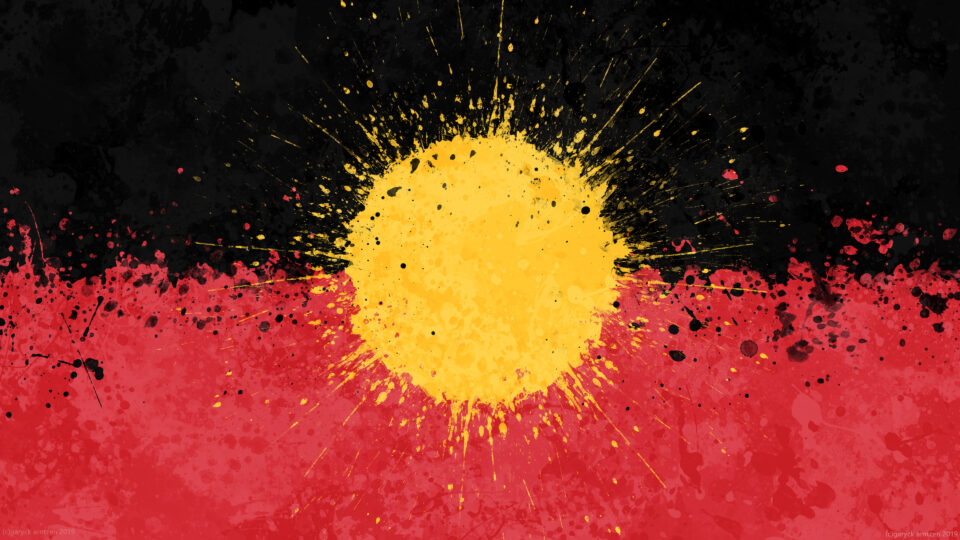January 26 marks the colonisation of Australia and the grief, heartache and pain that this has inflicted on First Nations people for generations. It is also a moment to recognise the ongoing survival of the oldest existing culture in the world today.
On January 26, 1788, Captain Arthur Phillip raised the British flag at Warrane, marking the beginning of British colonial rule on Gadigal land. This date, originally commemorated as Foundation Day, has evolved into Australia Day. However, this day also represents the start of the invasion, suffering, and dispossession for Aboriginal and Torres Strait Islander peoples. The true history of these lands spans over 60,000 years, far preceding colonial times.
When British settlers began colonizing Australia in 1788, between 750,000 and 1.25 Aboriginal Australians are estimated to have lived there. Soon, epidemics ravaged the island’s indigenous people, and British settlers seized Aboriginal lands.
Though some Aboriginal Australians did resist—up to 20,000 indigenous people died in violent conflict on the colony’s frontiers—most were subjugated by massacres and the impoverishment of their communities as British settlers seized their lands.
Between 1910 and 1970, government policies of assimilation led to between 10 and 33 percent of Aboriginal Australian children being forcibly removed from their homes. These “Stolen Generations” were put in adoptive families and institutions and forbidden from speaking their native languages. Their names were often changed.
For many Aboriginal and Torres Trait Islanders, January 26 is a day of mourning, symbolising the loss of their ancestors, their land, and their rights. It recalls the devastating impact of the Frontier Wars, the ongoing trauma, and the systemic injustices that continue to this day, including disproportionate rates of Black deaths in custody, health inequities, and the desecration of sacred sites. Celebrating on this day overlooks these painful realities and the resilience of First Nations peoples in the face of ongoing colonisation.
-
The truth about white Australia: The genocide few talk about
-
The killing times: the massacres of Aboriginal people Australia must confront
-
Indigenous kids are still being removed from their families, more than ever before
Megathreads and spaces to hang out:
- 📀 Come listen to music and Watch movies with your fellow Hexbears nerd, in Cy.tube
- 💖 Come talk in the New Weekly Queer thread
- 🔥 Read and talk about a current topics in the News Megathread
- 🐱👤 Come talk in the New Weekly PoC thread
reminders:
- 💚 You nerds can join specific comms to see posts about all sorts of topics
- 💙 Hexbear’s algorithm prioritizes comments over upbears
- 💜 Sorting by new you nerd
- 🌈 If you ever want to make your own megathread, you can reserve a spot here nerd
- 🐶 Join the unofficial Hexbear-adjacent Mastodon instance toots.matapacos.dog
Links To Resources (Aid and Theory):
Aid:
Theory:



So I'm reading early Parenti (The Anti-Communist Impulse)... There are some serious bangers
quote
Ik the main thrust of this is something he restates many times and is well known for, but specifically the line about power being used as an instrument of welfare really resonated with me.
Someone uploaded his lectures to Spotify. I like to listen to them when I journal.